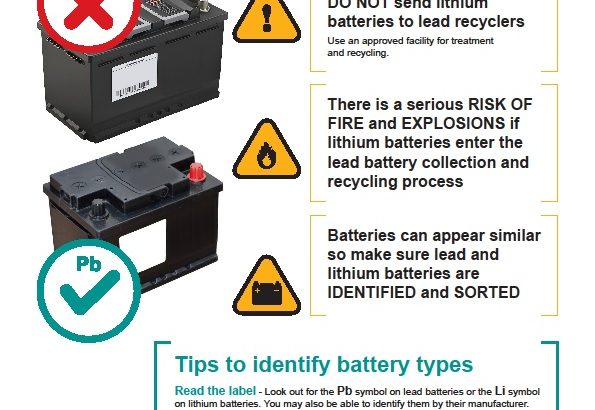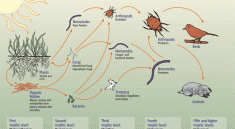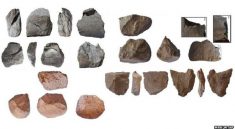Recycling Lithium Ion and other batteries, Avoid fire and pollution hazards, Over 50 percent of lead supply comes from recycled batteries, Find recycling centers
From Battery University.
“How to Recycle Batteries
Learn about disposal and how toxic material can continue to be used in batteries if recycled.
Lead- and cadmium-based batteries pose the largest environmental concerns, so much so that nickel-cadmium was banned in Europe in 2009. Attempts are being made to also ban the lead-based battery, but no suitable replacement is available as was the case by substituting nickel-cadmium with nickel-metal-hydride. For the first time, lithium-ion has been added to the list of pollutants. This chemistry was classified as only mildly toxic, but their sheer volume requires tighter scrutiny.
Lead acid paved the way to the success of recycling, and today more than 97 percent of these batteries are recycled in the USA. The automotive industry should be given credit for having organized recycling early; however, business reasons rather than environmental concerns may have been the driving force. The recycling process is simple and 70 percent of the battery’s weight is reusable lead.
Over 50 percent of the lead supply comes from recycled batteries. Other battery types are not as economical to recycle and are not being returned as readily as lead acid. Several organizations are working on programs to make the collection of all batteries convenient. Only 20 to 40 percent of batteries in mobile phones and other consumer products are currently recycled. The goal of recycling is to prevent hazardous materials from entering landfills and to utilize the retrieved materials in the fabrication of new products.
Spent batteries should be removed from the household. Old primary cells are known to leak and cause damage to the surrounding area. Do not store old lead acid batteries where children play. Simply touching the lead poles can be harmful. Also, keep button cells hidden from small children as they can swallow these batteries. ( See BU-703: Health Concerns with Batteries )
Even though environmentally unfriendly, lead acid batteries continue to hold a strong market niche, especially as a starter battery. Wheeled mobility and UPS systems could not run as economically if it were not for this reliable battery. NiCd also continues to hold a critical position among rechargeable batteries as large flooded NiCds start jet airplanes and propel sightseeing boats in rivers of larger cities. Although pollution-free, these batteries are in decline.
Batteries with toxic substances will continue to be with us and there is nothing wrong in using them as long as they are being disposed of properly. Each battery chemistry has its own recycling procedure and the process begins by sorting the batteries into the correct categories.”
“Primary Lithium: These batteries contain metallic lithium that reacts violently when in contact with moisture and must be disposed of appropriately. If thrown in a landfill in a charged state, heavy equipment operating on top could crush the cases and the exposed lithium could ignite a fire. Landfill fires are difficult to extinguish and can burn for years underground. Before recycling, apply a full discharge to consume the lithium content. Primary lithium batteries (lithium-metal) are used in military combat, as well as in watches, sensors, hearing aids and memory backup. A lithium-metal variety also serves as alkaline replacement in AAA, AA and 9V formats. Li-ion for mobile phones and laptops do not contain metallic lithium. ( See also BU-106: Advantages of Primary Batteries )
Lithium-ion: Li-ion is reasonably harmless but spent packs should be disposed of properly. This is done less to retrieve valuable metals, as is the case with lead acid, than for environmental reasons, especially with the growing volume used in consumer products. Li-ion contains harmful elements that are at the toxicity level of electronic devices.”
http://batteryuniversity.com/learn/article/recycling_batteries
Find a battery recycling drop off location.
http://www.call2recycle.org/locator/
For businesses.
http://www.call2recycle.org/start-recycling/




